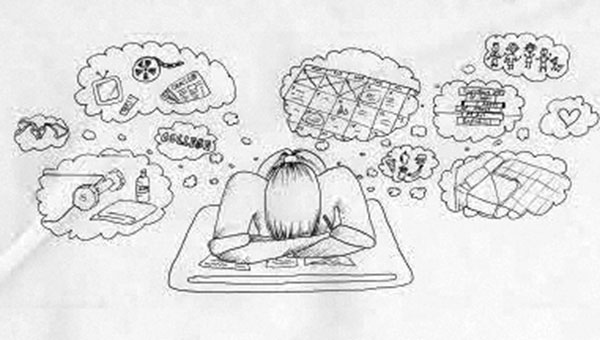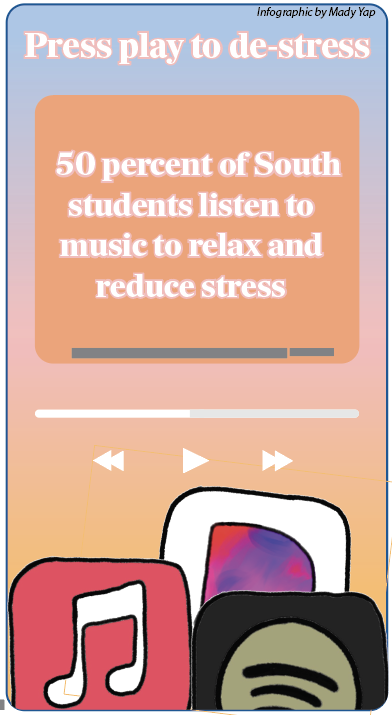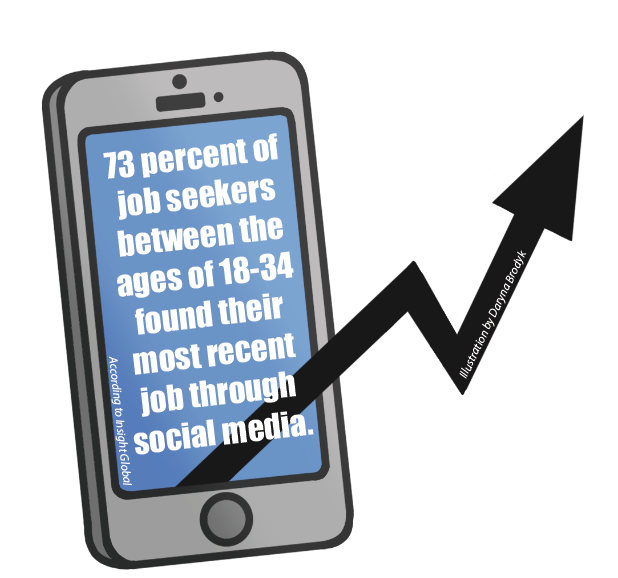Other than every single Monday in the school calendar, there is no day I detest more than that of my annual pediatric physical. The combination of stuffy-nosed children flinging their germs in the waiting room and revisiting my very rational fear of loathsome needles are only a few things to detest about this day. But, in my recent, “Mom, you can wait outside the door for this” uncomfortable one-on-one conversation with my pediatrician, I noted the absurdity that comes with being politely reprimanded about my failure to attain the golden 8-10 hours of sleep.
I answer most questions honestly. “What’s your social life like?” Can’t complain. “Are you getting enough exercise?” I suppose. “Getting along with your sister?” Have I ever? Yet when I’m asked what should otherwise be a simple question in the interrogation process, “How much sleep do you get a night?”, I am slightly disappointed with myself when I answer with any less than seven hours.
It’s the sad medical truth, fellow high schoolers: we are expected to achieve at least eight hours of sleep a night, a seemingly impossible endeavor for most.
Don’t worry, imaginary authority, I’ll be able to balance before/after school extracurriculars, 3+ hours of homework, an adequate relationship with my family (if I have time), a 20 minute time slot for dinner, an hour for the gym, leisurely activities (good joke, Dani) and remembering to breathe—if I even get that far.
This exaggeration was brought to you in part by unrealistic expectations imposed upon us by our competitive Glenview bubble and anxious, academically competent students such as myself.
According to Dr. Jonathan Pletcher, an adolescent medicine specialist at the Children’s Hospital of Pittsburgh, “…A lack of sleep can increase depression, negative physical health, poor school performance and school absenteeism.”
Scarily enough, there’s another three pages worth of sleep deprivation side effects from that study alone. It is difficult for me to grapple with the notion that these studies are accepted as the norm nowadays.
Sleep is depicted in my mind as this inexorable necessity that is only awarded to those who manage to stand on two feet throughout the day. Namely, my bed and pillow are becoming these non-tangible goals at the end of each night.
More specifically, in our local Daily North Shore newspaper a recent article was published that questioned to what extent homework actually aids a student in their learning, and whether or not it’s solely a chore to crowd our schedules. “These young people have lives [and] need to have the joyful curiosity of learning,” Glenbrook North Principal Paul Pyrma noted in the article. “You don’t want too much homework to discourage […] learning at such a young age.”
If a leading administrator is making this bold of a statement, it baffles me as to why any steps taken to reduce our homework pile and increase our relaxation are yet to make an evident improvement on my sleep regimen.
It was brought my attention that there is now a district-wide homework committee assessing to what extent certain homework loads impact students, and eventually improve the current heavy workload conditions. I would like to point out to this committee: if this problem is not dealt with soon, our generation of students will continue to suffer underneath the weight of increasing amounts of pressure as we struggle to succeed in our sleep-deprived haze.
For now, I’m tempted to speak up at my next physical; I would genuinely ask my pediatrician, “How do you propose I get this much rest, seeing the constraints my responsibilities place on your sleep goal?” Her usual answer of, “Ya just gotta make it happen”, does not bode well for solving my problem.








